Starting an online business is an exciting venture, but it’s important to ensure that you have all the necessary licenses and permits to operate legally and successfully. Here’s a comprehensive guide to help you understand the types of licenses and permits you might need for your online business.
1. Business Operation License
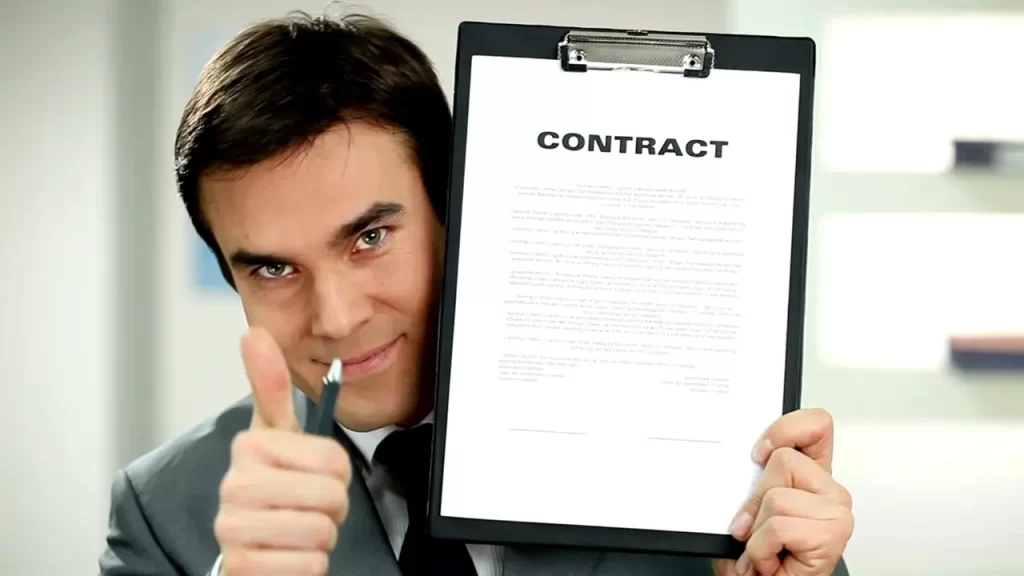
This is the basic license that allows you to conduct business in your city or county. The requirements vary by location, so check with your local government.
A Business Operation License is a permit issued by local government authorities that allows an individual or company to legally conduct business within a specific jurisdiction. The requirements for obtaining this license can vary depending on the city or county, but generally include:
- The applicant must be at least 18 years old.
- The applicant must not have any criminal history or be under legal probation for severe offenses.
- The business must be legal to operate in the location.
In addition to these general requirements, there may be other specific permits or registrations needed depending on the type of business, such as a seller’s permit, tax registrations, occupational licenses, or unemployment insurance licenses if you have employees.
It’s important to check with your local government or a legal expert in your area to understand all the necessary steps and documentation required for your particular business. Would you like more detailed information on a specific type of business or license?
2. Seller’s Permit

If you’re selling goods or services, especially if you’re collecting sales tax, you may need a seller’s permit from your state’s tax department.
A Seller’s Permit, also known as a reseller permit or seller license, is often required for businesses that sell goods or services, particularly when these sales involve collecting sales tax. The permit allows online retailers to operate legally and handle sales tax appropriately. The specific requirements for obtaining a Seller’s Permit can vary by state, but generally include:
- Registration with the state’s tax department.
- Collection and remittance of sales tax on taxable sales.
- Compliance with state-specific rules, costs, and other specifications.
For instance, if you sell physical products that are subject to sales tax, such as clothing, electronics, furniture, and sporting goods, you will likely need this permit.
It’s crucial to consult with your state’s tax department or a legal expert to understand the exact requirements for your business. Do you need guidance on how to apply for this permit or have any other questions related to it?
3. Home Occupation Permit
If you’re running your business from home, this permit ensures that your business activities don’t disrupt your neighborhood.
A Home Occupation Permit is a type of license required for businesses that are operated from a residential area. This permit ensures that the business activities conducted from home do not disrupt the neighborhood with increased traffic, noise, or adverse environmental conditions. The requirements for obtaining a Home Occupation Permit can vary by local regulations, but generally include:
- Ensuring that the business activity is compatible with residential use.
- Limiting the impact on the surrounding neighborhood (e.g., traffic, noise).
- Complying with specific local zoning laws and regulations.
This permit essentially certifies that your home-based business adheres to the local guidelines and does not negatively affect your community.
It’s important to check with your local municipal authorities or a legal expert to understand all the necessary steps and documentation required for your particular business. Would you like assistance with anything else regarding home-based business permits?
4. Professional and Trade Licenses

Certain professions require specific licenses, such as healthcare, legal services, or construction. Check with your state’s licensing board.
Professional and Trade Licenses are required for individuals and businesses operating in certain regulated professions. These licenses serve as a form of quality control, ensuring that those offering services have the necessary qualifications and adhere to industry standards. The requirements for these licenses can vary depending on the profession, but generally include:
- Meeting age requirements (usually at least 18 years old).
- Having no criminal history.
- Ensuring the business activity is legal and complies with all regulations.
Specific professions such as healthcare, legal services, or construction often have their own licensing boards that set the standards and requirements for practice in that field.
It’s crucial to consult with your state’s licensing board or a legal expert to understand the exact requirements for your profession. Do you need guidance on how to apply for these licenses or have any other questions related to them?
5. Health and Safety Permits

If your business involves preparing food or could impact public health, you may need permits from your local health department.
Health and Safety Permits are crucial for businesses that have a direct impact on public health, such as those involved in food preparation or handling hazardous materials. These permits are typically issued by local health departments and ensure that businesses comply with health codes and regulations to protect the public. Requirements for these permits generally include:
- Adhering to sanitation standards.
- Undergoing regular health inspections.
- Training staff on proper food handling and safety procedures.
It’s important to apply for the necessary permits before starting operations to avoid penalties. Would you like more detailed information on how to obtain these permits or have other questions?
6. Signage Permits
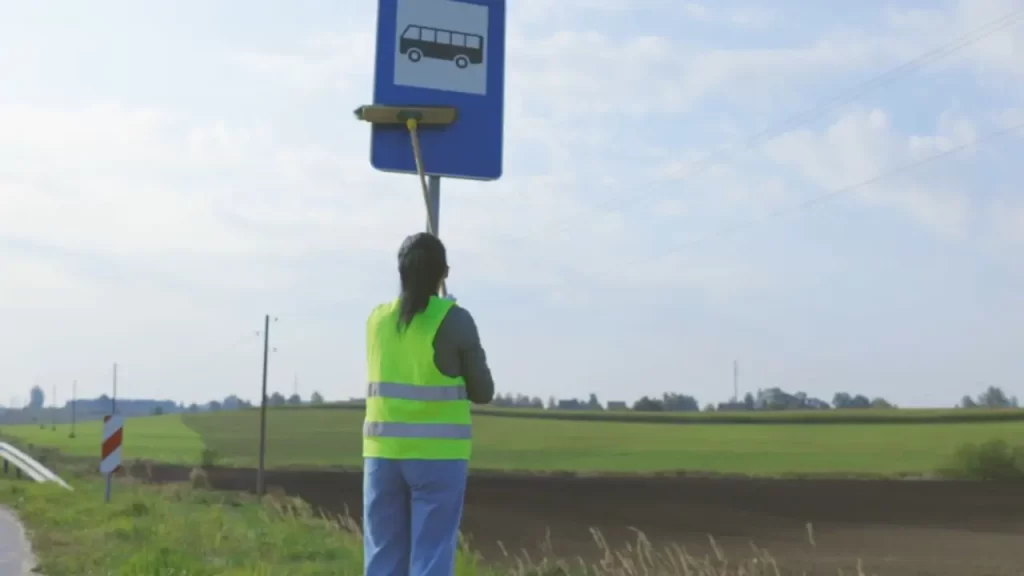
If you plan to put up signs for your business, even online businesses might need this if they have a physical location or warehouse.
Signage Permits are required for businesses that intend to put up signs or advertisements in public view. These permits ensure that signage complies with local zoning laws, aesthetic standards, and safety regulations. The requirements for obtaining a Signage Permit can include:
- Checking with nationwide codes for signage.
- Completing permit and electrical applications if necessary.
- Ensuring the sign does not pose a safety hazard to the public.
For businesses in India, the process and requirements for obtaining a Signage Permit can vary by municipality. Generally, you would need to apply through your local Municipal Committee or City Corporation.
It’s important to secure this permit before erecting any signs to avoid legal issues. Do you need help with the application process or have any other questions regarding signage permits?
7. Special State-Issued Business Licenses or Permits

Some businesses require special licenses, such as those dealing with alcohol, lottery tickets, or firearms.
Special State-Issued Business Licenses or Permits are required for businesses that deal with regulated products or services. In India, these may include:
- Liquor License: For businesses that sell alcohol.
- Lottery License: For those dealing with lottery tickets.
- Firearms License: For the sale of firearms.
- Occupational/Professional Licenses: For services like auto repair, real estate sales, insurance sales, legal representation, etc., which are regulated by the state.
These licenses ensure that businesses comply with specific state regulations and safety standards. The process for obtaining these licenses varies depending on the product or service and the state in which the business operates.
Would you like to know more about the application process for any specific license or have other questions?
8. Federal Licenses and Permits

If your business activities are regulated by a federal agency (FAA, ATF, etc.), you’ll need federal permits.
Federal Licenses and Permits in India are required for businesses that are regulated by central government agencies. These licenses are necessary for businesses that engage in activities overseen by federal regulations, such as:
- FSSAI License: For businesses involved in food production or handling.
- Import Export Code: For companies engaged in importing or exporting goods.
- Central Motor Vehicle Rules: For transportation-related businesses.
These permits ensure that businesses adhere to federal laws and standards concerning safety, health, and environmental protection. The specific federal agency involved will depend on the nature of the business activity.
Would you like assistance with understanding how to apply for a specific federal license or permit?
Remember to renew your licenses and permits as required and keep up with changes in laws that may affect your business. Consulting with a legal professional can provide personalized advice and ensure compliance. Good luck with your online business!
Would you like more detailed information on any specific type of license or permit? Write into the comment Box and let us know.
Tell me more about the seller’s permit.
Seller’s Permit
A seller’s permit, also known as a sales tax permit, allows you to collect sales tax from customers. To obtain one, you’ll need to apply through your state’s department of revenue or taxation. The application process typically involves providing details about your business, such as your expected sales, the products or services you sell, and your business structure.
What are the consequences of operating without proper licenses?
Consequences of Operating Without Proper Licenses
Operating without the required licenses can lead to various penalties such as fines, cease and desist orders, or even criminal charges depending on the severity of the violation. It can also damage your business reputation and customer trust.
How to apply for a home occupation permit?
Applying for a Home Occupation Permit
To apply for a home occupation permit, you’ll need to contact your local zoning office or city hall. They will provide you with the specific requirements which may include restrictions on the type of business activities allowed, customer traffic, signage, and parking. You may need to submit an application detailing your business plan and how it fits within local zoning regulations.
Would you like assistance with anything else related to starting an online business?
How to find out which permits apply to my specific industry?
Research State Requirements:
- Research the specific licensing requirements for your industry and location.
- Check with your state’s secretary of state’s office or relevant agency.
- Many registration processes can now be completed online.
Are there any federal licenses or permits that LLCs need?
Federal Licenses and Permits for LLCs:
- While most licenses and permits are obtained at the state and local levels, some federal activities may require specific federal licenses or permits.
- For example, if your business involves activities regulated by federal agencies, you’ll need federal permits.
- Visit the Small Business Administration’s website to explore federal requirements.
Handling Customs and Import Duties with International Suppliers:
When dealing with international suppliers, understanding customs and import duties is crucial. Here are some key points:
Customs Clearance Process in India:
- For businesses importing goods into India, navigating customs clearance is essential.
- The process involves meticulous steps, including documentation submission, goods examination, duty and tax assessment, and more.
- Familiarize yourself with the intricacies to avoid delays, penalties, and compliance issues.
Finding Reliable Suppliers:
- Choose suppliers who understand customs procedures and can provide accurate documentation.
- Collaborate with experienced partners to minimize product safety issues and ensure smooth import processes.
Selling Beauty or Skincare Products Online:
- Quality Assurance: Source products from reputable suppliers to maintain quality.
- Labeling Compliance: Ensure accurate ingredient lists, usage instructions, and safety warnings.
- Regulations: Comply with cosmetic regulations specific to your region.
- Product Claims: Avoid false or misleading claims about product benefits.
- Testing: Conduct safety and efficacy tests for skincare products.
- IP Protection: Trademark your brand name and logo.
Selling Handmade or Artisanal Products Online:
Quality and Authenticity:
- Emphasize the uniqueness and craftsmanship of your handmade products.
- Highlight the story behind each item to connect with customers.
Product Descriptions:
- Provide detailed descriptions, including materials used, dimensions, and care instructions.
- High-quality images are essential for showcasing your products.
Customer Reviews: Encourage buyers to leave reviews after receiving their handmade items.
Shipping and Packaging: Ensure safe packaging and timely delivery.
Legal Compliance: Understand any regulations related to handmade or artisanal goods in your region.
Selling Vintage or Collectible Items Online:
- Authenticity: Verify the authenticity of vintage or collectible items.
- Detailed Descriptions: Provide detailed descriptions, including any flaws or wear.
- High-Quality Images: Showcase the items from different angles.
- Provenance: Include information about the item’s history or previous owners.
- Pricing: Research market values and price items accordingly.
- Legal Considerations: Understand any regulations related to selling vintage or collectible goods.
Remember that compliance with licenses and permits is essential for your online business’s success. Consulting legal professionals or business advisors can provide personalized guidance based on your specific circumstances. 🌟📝











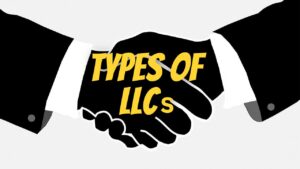















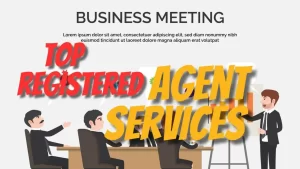
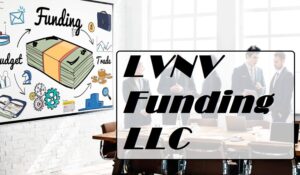



I used to be very happy to find this web-site.I wanted to thanks in your time for this wonderful read!! I definitely having fun with each little little bit of it and I’ve you bookmarked to check out new stuff you weblog post.
Just wanna remark on few general things, The website design and style is perfect, the subject material is rattling great : D.
I am not rattling excellent with English but I find this rattling easygoing to translate.
I’ve read some just right stuff here. Certainly worth bookmarking for revisiting. I surprise how so much effort you set to make this kind of magnificent informative website.
You got a very wonderful website, Sword lily I noticed it through yahoo.
I’m not sure exactly why but this site is loading very slow for me. Is anyone else having this issue or is it a issue on my end? I’ll check back later and see if the problem still exists.
You are my intake, I possess few blogs and often run out from to brand.
I absolutely love your blog and find many of your post’s to be what precisely I’m looking for. Do you offer guest writers to write content for yourself? I wouldn’t mind producing a post or elaborating on many of the subjects you write concerning here. Again, awesome weblog!
Would you be concerned with exchanging hyperlinks?
My partner and I absolutely love your blog and find nearly all of your post’s to be exactly I’m looking for. Does one offer guest writers to write content for yourself? I wouldn’t mind writing a post or elaborating on a number of the subjects you write in relation to here. Again, awesome weblog!